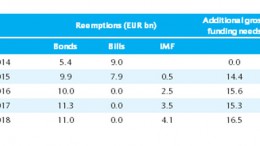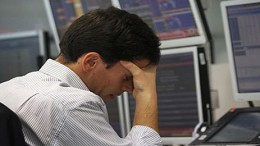Espirito Santo crisis won’t damage the markets
MADRID | The Corner | The disappointing German ZEW together with the worsening of the Portuguese lender Banco Espirito Santo (BES) crisis weighed down on the markets on Tuesday. And that about today? Indeed, the banking sector will continue to be the main player in Europe with the BES drama as backdrop, although the calmness within the peripheral bonds markets is a positive sign and indicates the limited extent of such crisis.



